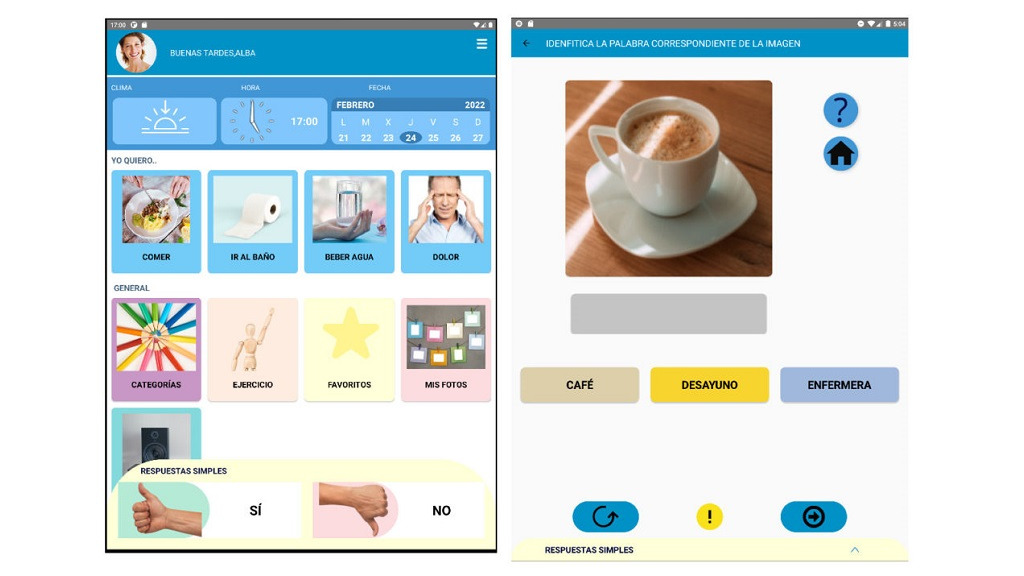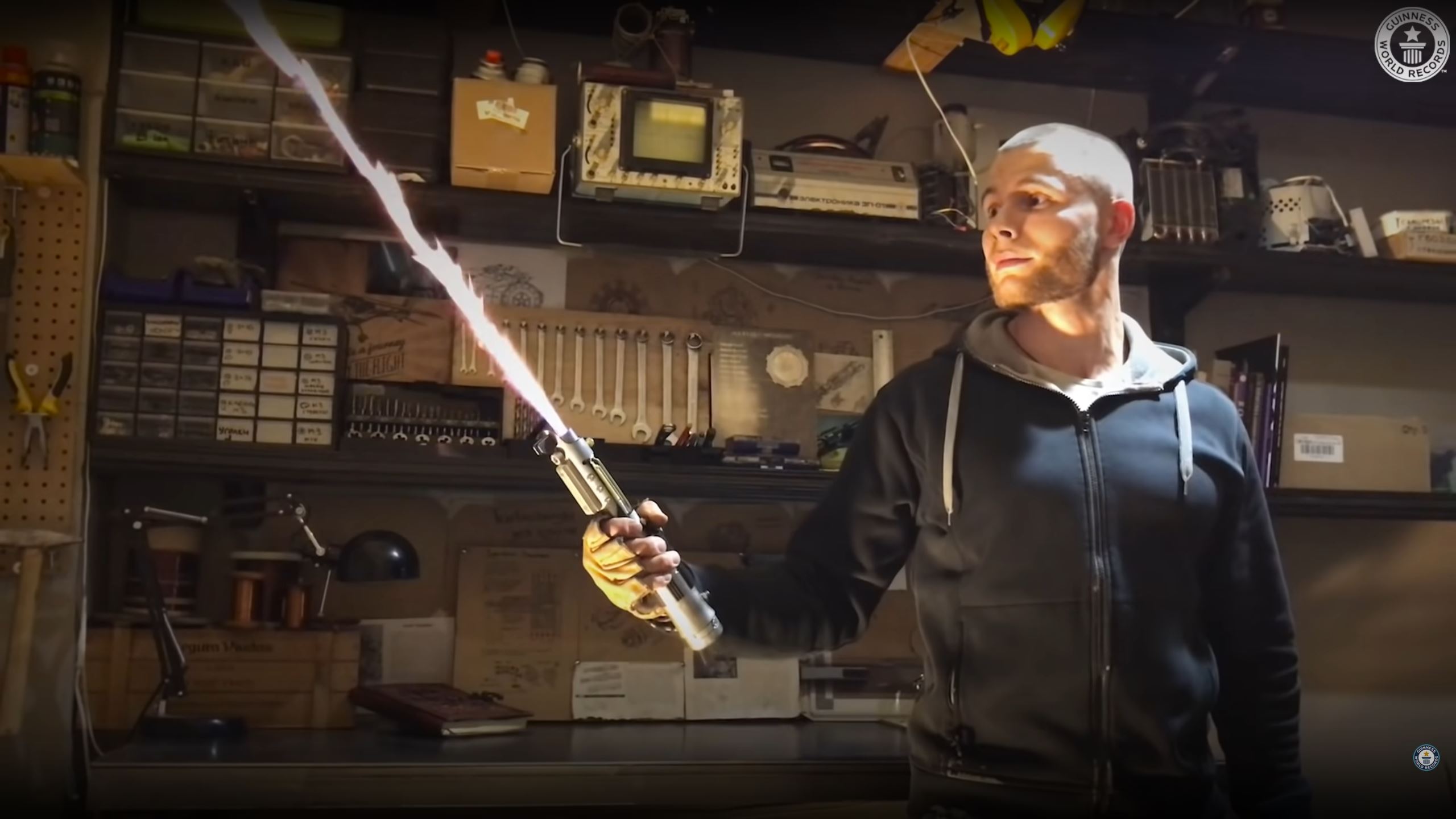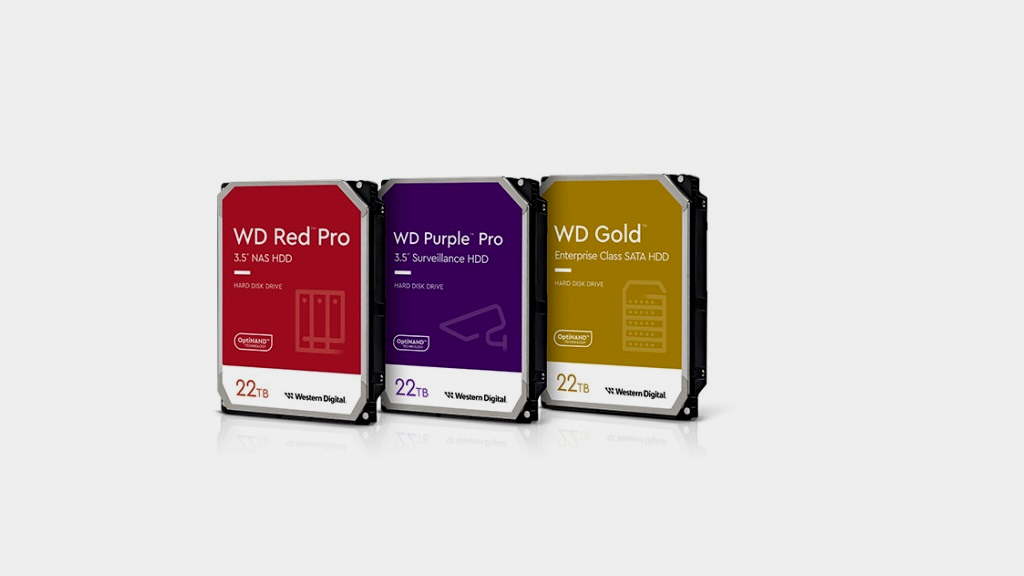
The Kairós DS Innovation team and the Health Research Institute of the La Paz University Hospital (IdiPAZ) have joined forces to help patients suffering from post-stroke aphasia.
Every year in Spain, there are 25,000 new cases of aphasia. Their causes are varied: stroke, head injuries, brain tumors, even the most serious cases of Covid 19. But the disease is one and, although in different degrees, it is reduced to a language disorder characterized by the inability or difficulty to communicate through speech, writing or mimicry.
Helping to break down the barriers faced by patients with aphasia is more necessary than ever. For this reason, the Kairós DS Innovation area has designed, developed and created an application under the name of VerbalizApp.
VerbalizApp is a technological tool, designed for mobile devices, that facilitates communication and promotes the recovery of patients with language alterations from the acute phase of stroke. The use of artificial intelligence and machine learning makes it possible to help recover the communication skills of these patients.
«We keep hearing that technology changes the world”states the Kairos DS team, “and it is in projects like this that we can really change things, helping real people and their families”. For the members of the Kairós DS team, collaborating on this project, giving voice back to patients with aphasia, has helped them feel particularly useful. “This is a clear example that technology can improve what really matters”, they maintain.
On behalf of Kairós DS, the project would not have been possible without the help of: Aida Valino, responsible for UX/ UI design; David Garcia Folguera, Technical Lead; Xiao Yang Peng, Mobile Developer; Francisco Xavier Lopez, Back Developer; Alexander Bayon, front developer and David ZambranoAgile Specialist.
Nor without the collaboration of the doctor Gerardo Ruiz Ares, neurologist in the stroke unit of Hospital La Paz and principal investigator of the project, and Dr. Martha Martin, speech therapist, for twelve years, in the Rehabilitation service of the Hospital of La Paz. These two specialists have been present in the deepest parts of this initiative, since, in their day to day, they care for people with aphasia.
How life has changed for patients
According to those responsible, this application has improved working conditions in the speech therapy service and has made it possible to offer simpler and more personalized care for patients. The application allows you to individualize why, “when it comes to, for example, introducing photographs, the patient can photograph their interests”explains the doctor. It has also facilitated the logistical level of patients: “We have had patients who came to the consultation with files of six months of treatment, which meant, on many occasions, a lot of weight. Now that doesn’t happen with devices anymore.”
If the two teams shared something from the beginning of the collaboration, it was respect for patients and their families. Therefore, “understand the impact of an application like this, taking into account the specific needs, and work closely with health professionals and patients themselves, has been key to the success of the project”, explains the Kairos DS team.
But, What was the work methodology like before the introduction of VerbalizApp? “Usually the circuit we had was that Marta treated them when they were already discharged, once they no longer needed to be hospitalized, in language rehabilitation”, explains Dr. Ruiz. “Before discharge, the patient had all the limitations he had and nothing was done. There were very sad situations. Very everyday situations, in which patients could not communicate. They couldn’t even ask for a glass of water, or more serious things.”
“We had a patient whose mobility was not affected but language was. This man wanted to get up to go to the bathroom. Four people held him because it wasn’t convenient for him to get up, and then it occurred to me to ask him if he wanted to go to the bathroom. He looked at me as if to say finally someone who understands me”. This is an example of the situations that Dr. Gerardo Ruiz faces on a daily basis.
Raising awareness of the reality experienced by these patients and their families is essential to understand the problem. “They are still the same people, regardless of aphasia. In this case, this gentleman had modesty”, explains the doctor. And he adds: “we are witnesses of desperate situations, and I ask myself: if I were in the place of this person, would I do the same or worse? You never know”.
VerbalizApp is “the digital montage of the method that Marta was already using in the speech therapy room”, explains Dr. Ruiz. “It combines different types of stimuli with the image, the sound, the voice, the reading, the color codes that we put on them. This helps to reestablish connections and that is the basis of why rehab works.”.
An unknown world for many: aphasia
Worldwide, more than two million people suffer from aphasia. A very harsh reality, both for patients and their families. “ANDhe aphasic patient is complex. Many times he is treated like a patient who does not seem to hear and we tend to yell. Family members get very nervous, because they tend to think that they have lost their memory and that they will not recover it”, explains Dr. Marta Martín. “But, really, he is a patient who has language internally, he has not lost intelligence, but he does not find that tool to communicate. And that’s very frustrating.”
Dr. Gerardo Ruiz insists on how important and necessary it is to start treatment as soon as possible. “For this reason, it was clear to us that we needed a tool that would help patients communicate from the acute phase”.
For her part, Dr. Marta Martín does not hesitate to support the opinion of the researcher in charge of the project. “In fact, we believe that in motor rehabilitation, the sooner patients are treated, the better the end result. We can say that in speech therapy it is the same”.
VerbalizApp has considerably helped patients and families who, unfortunately, have had to learn about aphasia. Both Dr. Martín and Dr. Ruiz share a very hopeful vision of the future.
“Right now the application is focused on patients who have suffered a stroke, but we see it with very general possibilities.”, explains the doctor, and trusts in a positive future for many patients. “We see that it is a tool that can go beyond the patient with post-stroke aphasia and communication difficulties. It has quite a wide field. Even, I would say it could be used with children.”
Dr. Gerardo Ruiz does not hesitate to share his opinion regarding tomorrow: “having a tool that we are testing, showing that it is useful and that, in addition, patients perceive it as a great help, means that we can extend it to other fields”.



